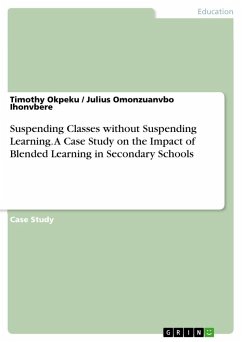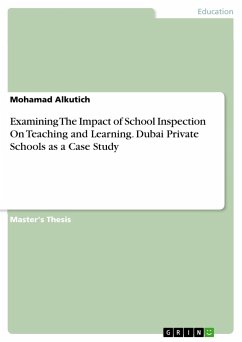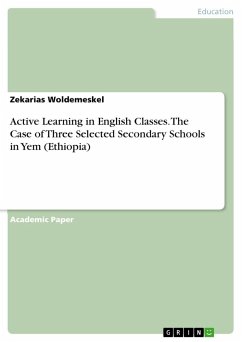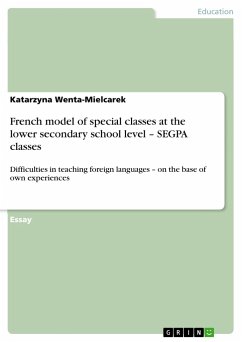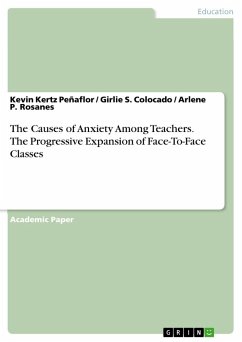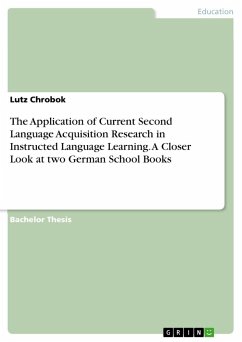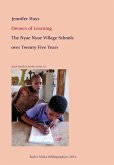Case Study from the year 2023 in the subject Pedagogy - School Pedagogics, , language: English, abstract: This study explored suspending classes without suspending learning, a case study on the impact of blended learning in secondary schools. The survey research approach was applied to seek the views and opinions of 20 senior secondary school teachers and 80 senior secondary school III students in Edo State, Nigeria. The questionnaire was used as an instrument for data collection which was subjected to construct validity by three experts. The degree of trustworthiness was determined using Cronbach¿s alpha reliability techniques and a reliability value of .80 was obtained. The collected data were analyzed using mean, standard deviation, and z-test statistics. The result shows a significant difference in the responses of teachers and students regarding teachers¿ preparedness to adopt blended learning in secondary schools in Edo State, Nigeria. In addition, the teachers and students adequately defined and measured technology-enhanced blended learning as an instructional strategy that increases and promotes students' academic knowledge and performance in school subjects. Based on these study findings, one could logically conclude that perhaps as students' performance in the senior secondary school external examination continues to leap, the need to examine the challenges and solutions will continue to linger among experts, stakeholders, and concerned citizens. This is because the findings of this study highlighted quality measures that seem to relate to effective teaching and learning in schools in order to reduce the achievement gap among secondary school students in Nigeria.
Hinweis: Dieser Artikel kann nur an eine deutsche Lieferadresse ausgeliefert werden.
Hinweis: Dieser Artikel kann nur an eine deutsche Lieferadresse ausgeliefert werden.

